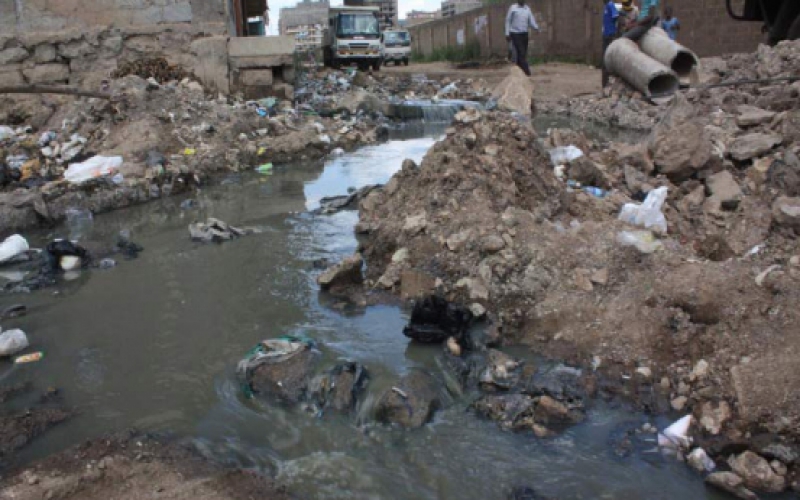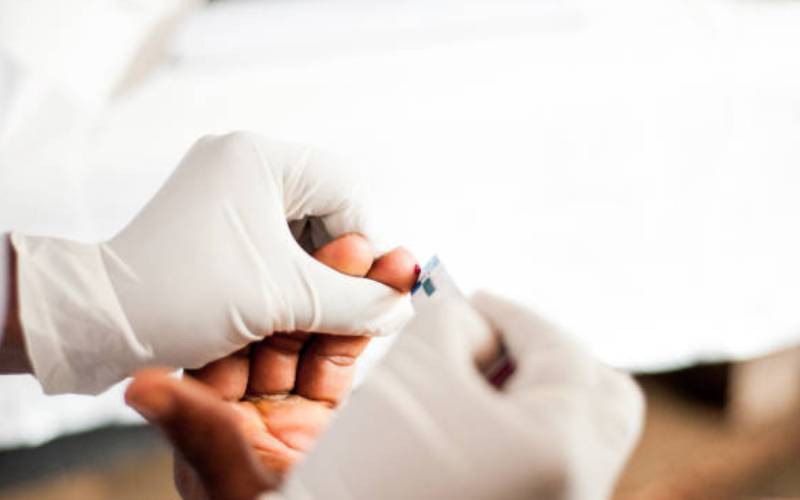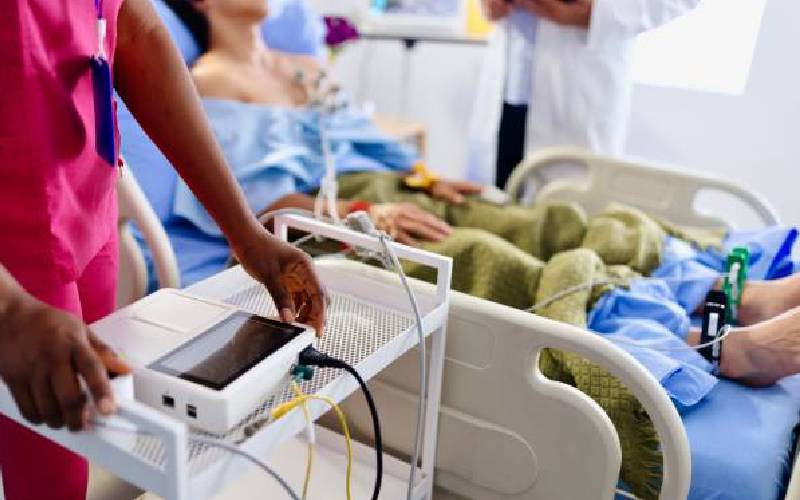
Well, have you ever found yourself in a prolonged illness, where your body fails to respond to medication? It is undeniably distressful and raises a lot of suspicious questions, that anyone cannot provide answers to.
But the problem might be far from your worries. A study conducted by a team of researchers, including doctors Rumina Hasan and Sadia Shakoor, from the Department of Pathology and Laboratory Medicine at Aga Khan University, bring out a litany of shocking revelations that threatens human ability to treat common infectious diseases.
An in-depth analysis of sewage data collected from 74 cities in 60 countries, including Kenya, has implicated many healthy people with an antimicrobial resistant (AMR) bacteria, that has rendered the majority of them incapable of responding positively to treatment.
Researchers established that the rise of AMR level in Kenya is related to sanitation conditions and the general state of health.
“Findings of this study suggest that improving sanitation, health and education as part of the Sustainable Development Goals would be effective strategies for limiting the global burden of AMR,” said Dr Hasan.
The researchers, led by Food Institute at the Technical University of Denmark, established that inaccessibility to clean water, toilet and poor sewerage systems have been pointed out to be the major cause of high levels of drug-resistant bacteria. As a way of countering the sporadic growth of AMR, the researchers proposed the need to have Government, policymakers and other key stakeholders to come together in addressing the predicament.
“We need to take immediate actions to manage it. Governments, policymakers and other stakeholders have to come forward with country-specific AMR plans. Those who have already developed them on paper need to put them into practice,” said Dr Hasan.
Though the Government of Kenya is on the process of rolling out Universal Health Care to its citizens, researchers are calling on the need to have an efficient infrastructure and civic facilities to prevent a potential outbreak of diseases resistant to drugs.
Other countries with highest levels of AMR include Uganda, Tanzania, Nigeria and Vietnam
 The Standard Group Plc is a multi-media organization with investments in media platforms spanning newspaper print
operations, television, radio broadcasting, digital and online services. The Standard Group is recognized as a
leading multi-media house in Kenya with a key influence in matters of national and international interest.
The Standard Group Plc is a multi-media organization with investments in media platforms spanning newspaper print
operations, television, radio broadcasting, digital and online services. The Standard Group is recognized as a
leading multi-media house in Kenya with a key influence in matters of national and international interest.











